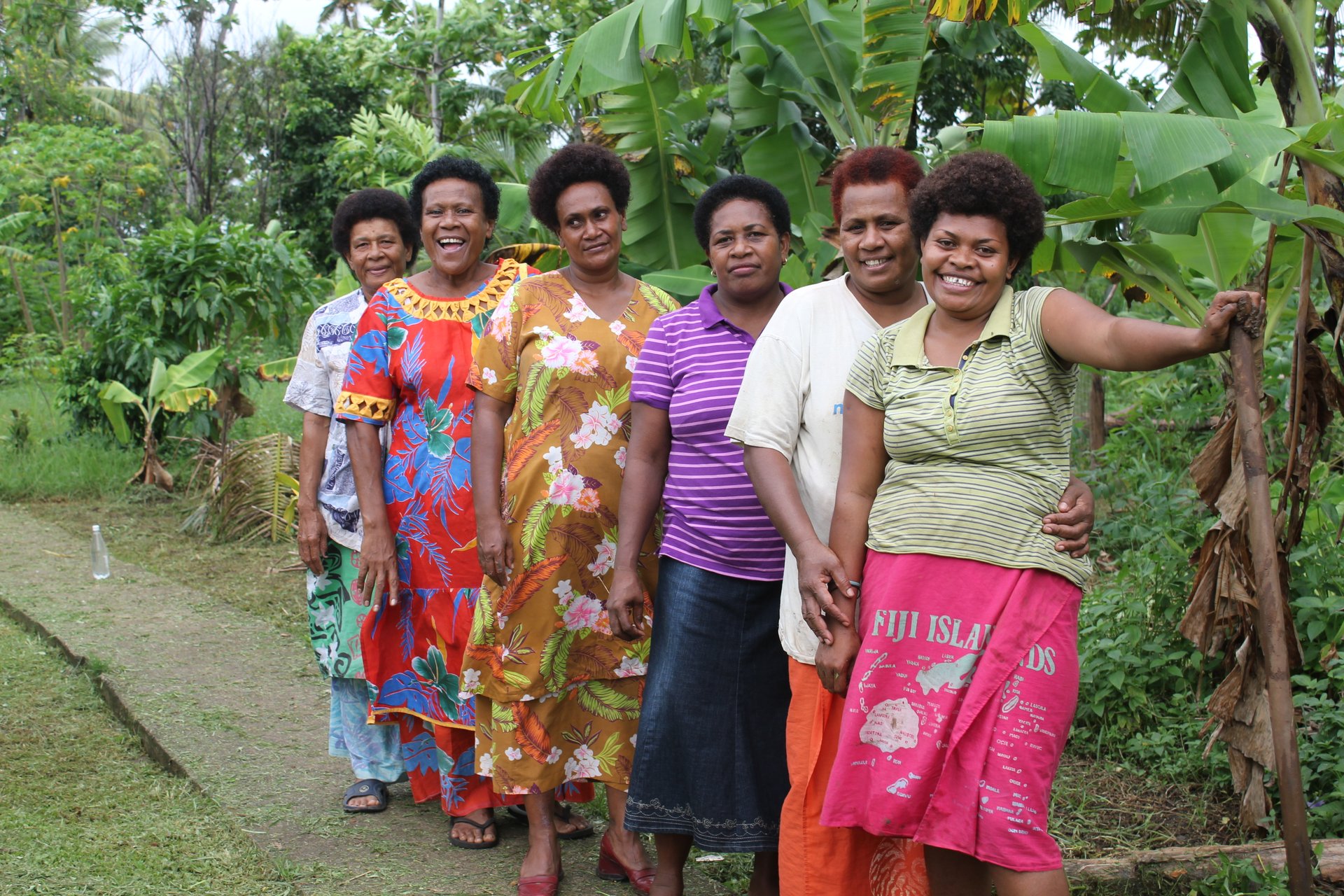NEW TRAINING LAUNCHED ON DELIVERING SOCIAL PROTECTION SCHEMES IN THE PACIFIC REGION
New training launched on delivering social protection schemes in the Pacific region
By Kate Bevitt
Partnerships for Social Protection (P4SP), an Australian government funded program, delivered a new training course on social protection operations in April 2024, supporting Pacific countries investing in social protection.
The 2.5-hour online workshop, Making Sense of Social Protection Operations, focused on the key steps to deliver social protection schemes in the Pacific and Timor-Leste.
“P4SP is working with several countries to strengthen their delivery systems,” said Juliet Attenborough, who co-facilitated the training and is a senior social protection specialist working with P4SP.
“We’ve seen how important it is to ‘demystify’ operations, so everyone has a shared understanding of what we’re talking about and why.
“This nuts-and-bolts training is helping us to share that knowledge more widely,” she said.
The new offering adds to P4SP’s training program, which provides social protection trainings to participants from government, non-government, civil society, and research bodies across the Pacific and Timor-Leste.
Participants praise clarity and analysis of the training
The practical training was held online on 30 April 2024, attracting 23 participants from Fiji, Tonga, Papua New Guinea, Samoa, and Australia.
The participants were professionals working in the Pacific or Timor-Leste, who had completed P4SP’s Introduction to Social Protection Course. Most people were from Pacific Island governments, followed by non-government and development partner organisations.
All respondents rated the training as ‘excellent’ or ‘good’ in the post-event survey and said they would recommend it to others.
“The facilitator did an excellent job overall to start off with nitty gritty details as a foundation and platform to build our knowledge upon, giving us many opportunities to ask critical questions and generate discussions,” wrote Deepti Karan Weiss, a disability inclusive development practitioner .
Another participant described the training as “terrific and super”.
“If the areas/cycles of the social protection are well considered and applied, the beneficiaries will benefit a lot and the projects outcome can be achieved or measured well.”
Many people said that would use what they learned in the training in their daily work.
Training adopts practical approach to share basic understanding
The training provided a practical look at how to deliver social protection schemes.
“We covered the operations cycle—the basic steps that are needed to get the right people, the right amount of money, at the right time, and to keep getting it right over time,” said Juliet.
“We also talked about important things that enable those steps, like standard operating procedures/operations manuals, databases/registries, management information systems, and complaints systems.
“We then brainstormed the kind of practical questions we can ask to better identify challenges and issues across social protection operations.”
Easy-to-understand training demystifies technical aspects
The training is designed to be clear and easy to understand, featuring simple language, uncluttered slides, and icons alongside the text.
“There is a lot of technical jargon in operations and sometimes it’s easy to get lost in all the words and steps,” said Juliet.
“This can make it harder for stakeholders to talk about social protection and advocate for effective approaches.
“So, we wanted to go back to basics to give everyone a common basic understanding of what it all means.”
Learn more about P4SP’s training program.



